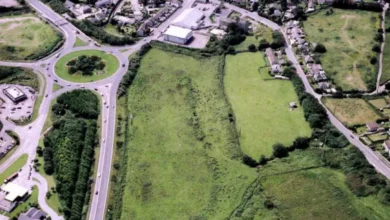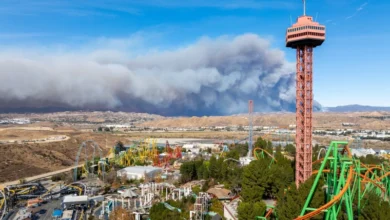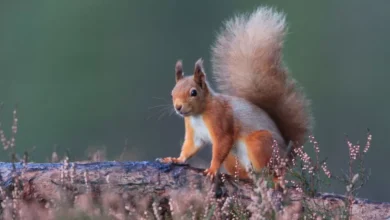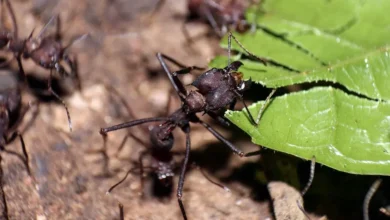Avian flu warning to tourists as birds face ‘catastrophe’
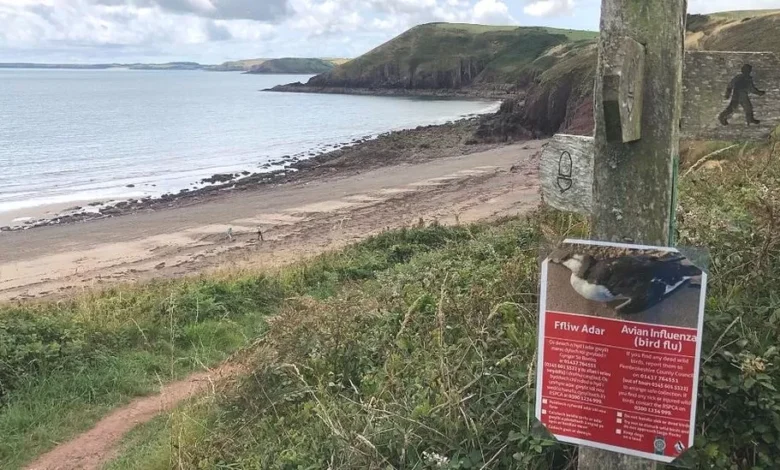
Holidaymakers are being warned to stay away from sick or dead birds washed up on the UK’s beaches as avian flu continues to ravage wild populations.
Thousands of infected seabirds have been found along the UK coastline as the largest outbreak of the normally-seasonal virus continues into summer.
The RSPB has warned the spread among seabird populations is a “crisis that could become a catastrophe”.
The UK Health Security Agency (UKHSA) says the risk to humans is ‘very low’.
But beachgoers are being urged to stay away from dead or sick birds, keep dogs on the lead and to report birds to the authorities.
In the past month alone, hundreds of dead birds suspected to have been infected with avian flu have been found washed up on beaches across the UK, including along the Sefton Coast, on beaches near Blackpool, at Stonehaven Beach in Aberdeenshire, on the Isle of Man and along the south Pembrokeshire coast.
Rhian Sula, general manager for the National Trust, which owns about a quarter of the Pembrokeshire coastline, said its staff were out and about on beaches warning visitors of bird flu.
She said that while local people had a good awareness of the virus “not all visitors do”.
“As much as we have placed warning signs out, they may not see them or they may ignore them so we are having to have those conversations about why it is important to keep dogs on the lead and keep away from the birds,” she added.
While human infections are extremely rare, bird flu can be spread through close contact with infected birds and their droppings.
James Parkin, director of nature and tourism for the Pembrokeshire Coast National Park Authority, said local rangers have so far collected around 700 to 800 birds – mostly guillemots but also razorbills and gannets.
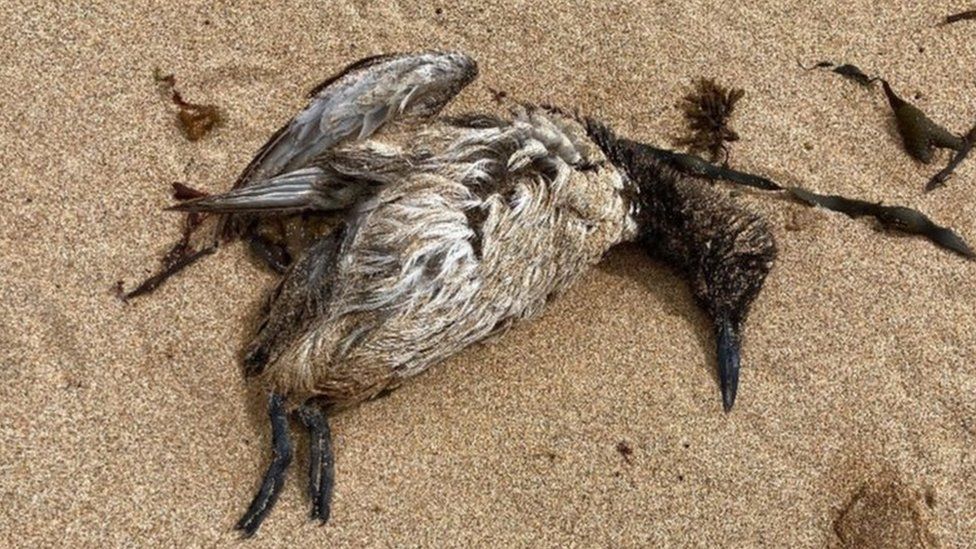
He said confirmation that the area was seeing its second wave of bird flu “was about as devastating news as we could have received”.
Across the UK, the current outbreak of highly pathogenic avian influenza (HPAI) H5N1 has seen 190 confirmed cases since October 2022, leading to the culling of millions of poultry.
It is said to have killed at least 50,000 wild birds – but that is generally accepted to be an underestimate.
The RSPB is currently carrying out seabird population counts across the UK to see how badly colonies have been affected.
It is thought numbers of great skuas, a seabird badly hit by HPAI, are down 90% in some areas and around 30,000 adult black-headed gulls – 10% of the UK breeding population – has been lost since mid-April.
In total, 21 of the UK’s 25 breeding seabird species have now tested positive for the virus since 2021.
Jeff Knott, the RSPB’s director of policy and advocacy, said there had been an “unprecedentedly large number” of seabird deaths.
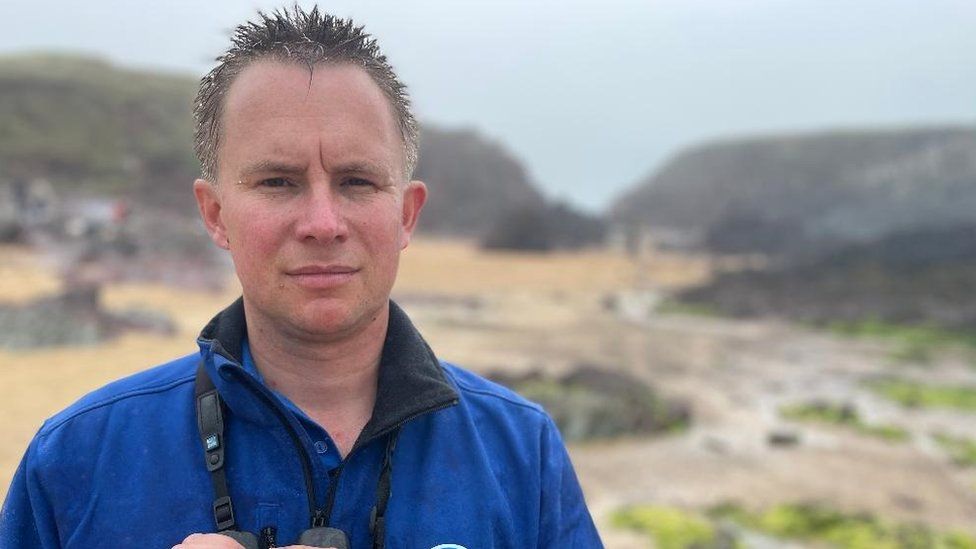
He told the BBC: “Tens of thousands of birds are washing up around our coastline but that could represent hundreds of thousands, potentially millions, of birds.
“Obviously, seabirds spend most of their time out at sea – so the chances of them washing up on a beach are fairly low so we can’t know the actual number.”
Mr Knott added that, coupled with threats posed by environmental and climate change, the impact of wind farms and bycatch by fishing vessels, “bird flu could be the straw that broke the camel’s back” for rarer seabirds, posing a risk of local extinction.
“This is a genuine crisis that could become a catastrophe,” he added.
The RSPB is now calling on the UK’s devolved governments to bring in new seabird conservation strategies.
The UK’s home nation administrations said they were monitoring the situation and the long-term impact of bird flu on wild bird populations.
The UK’s chief veterinary officer Christine Middlemiss added: “More widely, the government has taken wider measures to support seabirds through the marine wildlife bycatch mitigation initiative and will publish an English seabird Conservation and recovery pathway that will assess seabird vulnerabilities and the actions needed to address them.”
A Welsh Government spokeswoman said it would be consulting on a seabird conservation strategy next year.
She said: “It will identify opportunities to enhance our seabird populations’ resilience to pressures such as avian flu, as well as the climate and nature emergencies.”
A Scottish government spokesperson said its seabird conservation strategy was “in development” and it would “consult on the plan in due course”.
